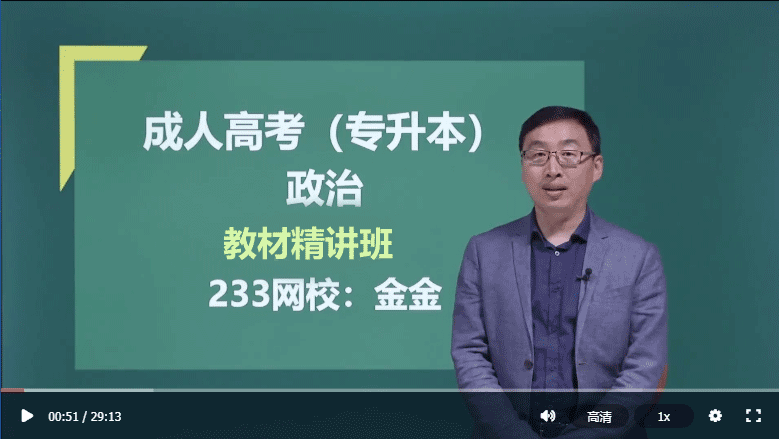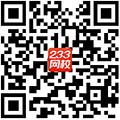包括
人称代词、物主代词、反身代词、指示代词、疑问代词、关系代词、不定代词及其用法。
一、人称代词
人称代词有第一、第二、第三人称和单数、复数之分,在句子中可以作主语和宾
语。英语中有下列人称代词:
在并列的主语或宾语中,I或me 通常放在后面。如:
Liping and I are in charge of the work.
My farther asks my sister and me to have dinner with him tomorrow.
二、物主代词
物主代词有形容词型与名词型之分。形容词型物主代词在句子中作定语,名词型物主代词在句子中主要作主语、宾语、表语、定语(接在of 后面)。英语中有下列物主代词:
名词型的物主代词相当于形容词型的物主代词加上上文出现的名词。如:
My bag is yellow, his(his bag) is black and theirs(their bags) are brown.
三、反身代词
反身代词在句子中可以作宾语、表语、同位语等。如:
Please help yourself to some tea.(宾语)
The boy is too young to look after himself.(宾语)
I'll be myself again in no time.(表语)
The desk itself is not so heavy. (同位语)
四、指示代词
指示代词包括this, that, these, those 和such, 在句子中可以作主语、定语、表语、宾语等(such不作宾语)。
that和those有时分别用来代表前面提到的不可数名词和名词复数,以避免重复。而可数名词单数往往用the one 或that one 来代替。用the one 的时候更多一些。如:
These machines are better than those we turned out last year. 生产
The oil output of this year is much higher than that of last year. 产量
The best wine is that from France.
My room is lighter than the one next door.
I'll take the seat next to the one by the window.
The film is more funny than that one.
that 可以指上面提到的事情,this指下面要谈的事情。如:
They have no time to read the books. That's their trouble.
She was ill yesterday. That's why she was absent.
What I want to say is this: Pronunciation is very important in learning English.
this 和that 有时还可以用来表示程度。如:
I don't want that much.
The book is about this thick.
五。疑问代词
疑问代词包括what, which, who, whom, whose, 可以用来构成特殊疑问句,也可以引导名词从句。 What, which, who在句子中作主语或宾语,whom作宾语,whose作定语。如:
Which do you prefer, the yellow one or the white one? (宾语)
What's your sister?(表语)
The man who is talking with my mother is an engineer.(引导定从句)
The old man whose son is studying abroad is our formal dean of the department. (引导定从句)
I don't remember whom I have lent my dictionary to. (引导宾语从句)
疑问代词what, which, who, whom后面可以加ever来加重语气。如:
Whoever can be calling at this time of the night ?谁这么深更半夜来找人?
I'll say whatever comes into my head.
Take whichever book you like.
六。不定代词
不定代词包括both, either, neither, all, none, no, one, each, every, few, a few, little, a little, many, much, some, any, other, another, 以及some, any, no, every构成的合成代词。
(一)both, either, neither
both 表示“两者(都)”,either表示“(两者之中)任何一个”,neither表示“(两者之中)没有一个”。三个词在句子中都可以作主语、宾语、定语,both还可以作同位语。
My sister is good at planning her time so that she always has enough time for both work and play.(be good at 擅长做某事)
Neither of the answers is right.
Either of the books belongs to you.
You and I are both to blame.
You both agreed to stay.
Both 放在实意动词前,系动词be 的后面。
成考考后:2016年成人高考成绩查询 录取分数 历年录取分数 录取查询
2017成考:成人高考真题及答案 2017年成人高考考试时间

